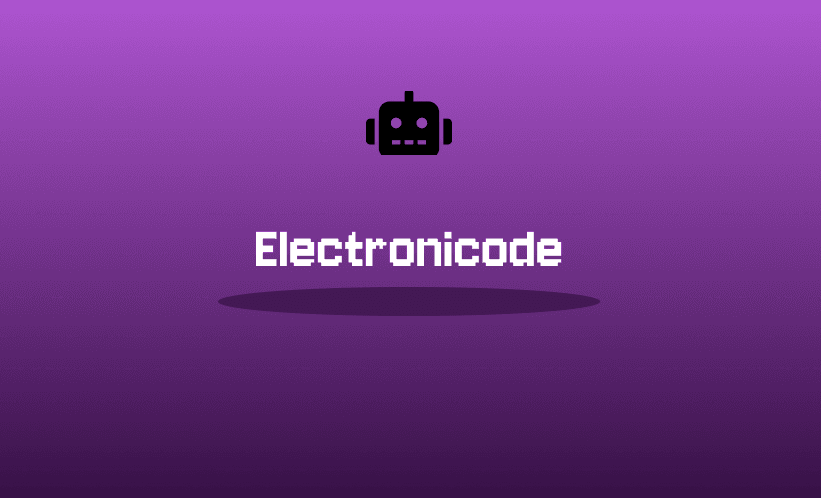
Electronicode
A complete smart system project combining hardware (Raspberry Pi, Arduino) and a mobile application to simplify the setup of personalized home automation systems.
Project Overview
Electronicode is an academic group project that focuses on democratizing home automation. The system allows users to easily design, configure, and expand their own smart environments via a simple and intuitive mobile app. Whether it&aposs opening a door when a recognized person approaches or automating lighting systems, users can make their ideas reality without needing technical knowledge.
Key Features
- Drag-and-Drop System Design:
The mobile application enables users to visually design their automation systems using easy drag-and-drop tools.
- Module Library and Assistance:
Users can either choose from a catalog of existing modules or request personalized support for new types of systems.
- Simplified Wiring:
All electronic components connect easily using breadboards, with no complex soldering or assembly required.
- Scalable Architecture:
Users can add as many smart modules as they want without changing the core of the system. A single central unit (Raspberry Pi) manages communication with all connected devices.
Technical Approach
- Frontend Development: React Native for building the mobile app with a focus on user-friendly interactions.
- Backend and Communication: Python APIs running on a Raspberry Pi to handle communication between the app and the system.
- Database Management: MySQL was used to store user configurations, recognized individuals, and system states.
- Embedded Systems: Arduino (programmed in C++) for terminal devices, enabling interaction with various modules (sensors, motors, etc.).
- OS and Server Management: Linux environment for managing the Raspberry Pi central unit.
My Role
I contributed to the overall system architecture design, developed parts of the mobile application, and worked on the communication interfaces between the app and the Raspberry Pi. I also helped with the database design and testing of the smart modules integration.